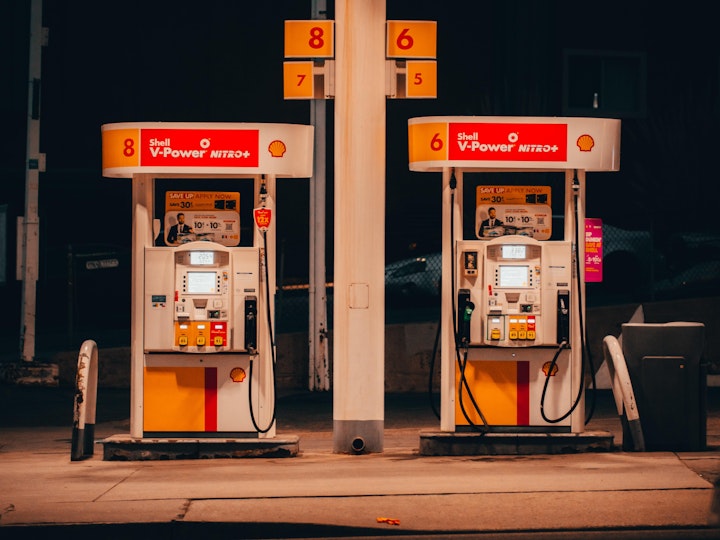When will UK petrol prices go down, and why are they so high?
Fuel prices in the UK are hitting over £2 a litre in some places. Professor Adrian Palmer looks at why this has happened, and what needs to happen for them to decrease again.

At its simplest, the price of petrol reflects the market balance of supply and demand. In practice, there are complexities. There are several markets for different by-products of oil, which explains why diesel and petrol prices do not always move together.
There are further complications of “spot” markets for oil to be delivered now, and future markets. And of course, in most western countries, the price of fuel at the pumps is mostly made up of taxes which governments impose.
The Ukraine war took a lot of supply out of the oil market, especially for heavier diesel. This has happened at a time when world economies have been recovering from lockdowns, boosting demand for oil.
However, we should not forget that in the early stages of lockdowns in 2020, demand for oil fell sharply, and prices slumped.
For the short to medium term future, the price of fuel will reflect on the one hand the severity of disruption to supplies, and on the other hand the continuing strength of demand in world economies. If the world suddenly falls into recession and oil supply is increases, it is easy to see circumstances in which UK petrol prices will fall quickly.



